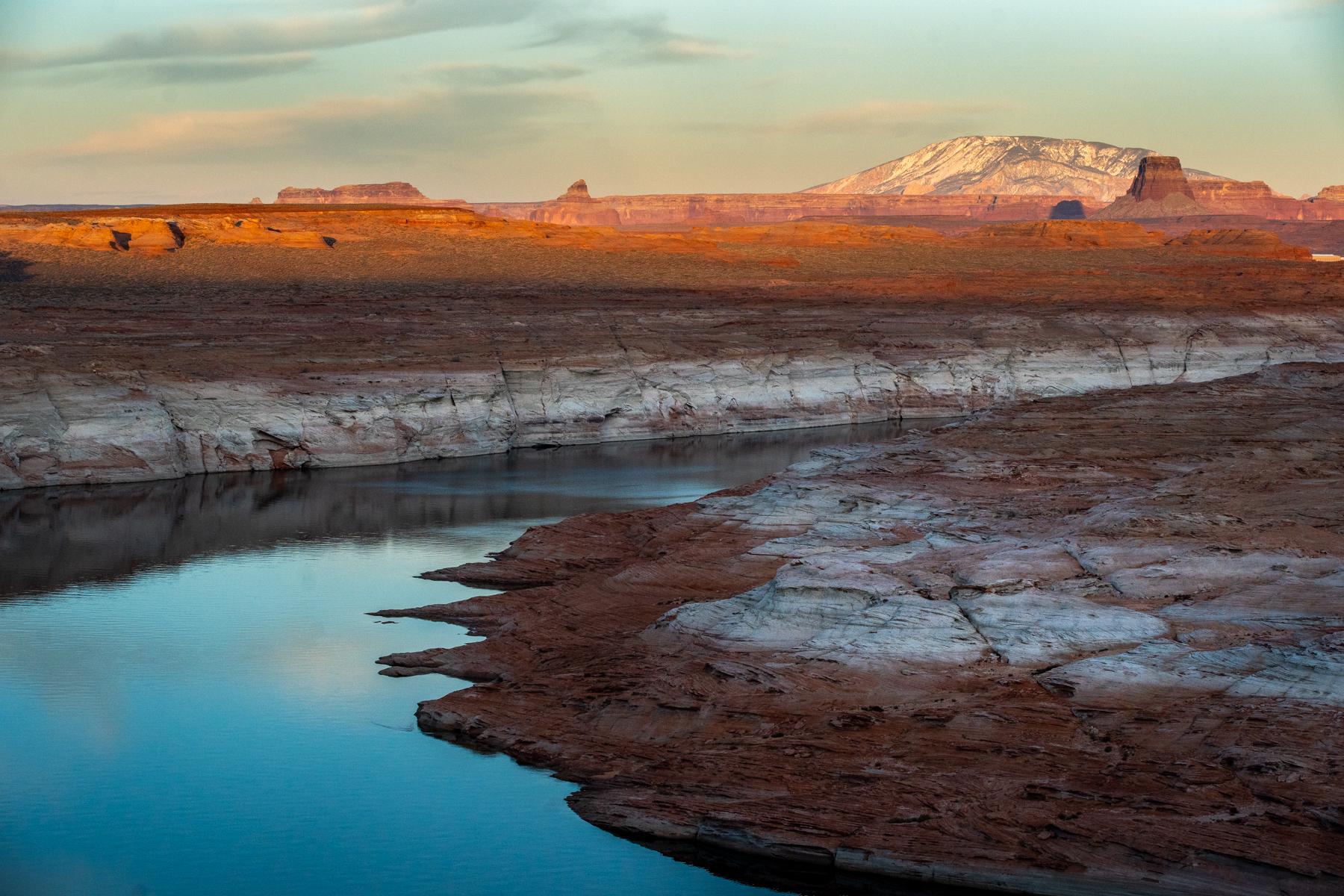
States have started negotiating new rules to keep the Colorado River from crashing. Here’s what they want
The high-stakes, multi-year negotiation process between the states along with the U.S.
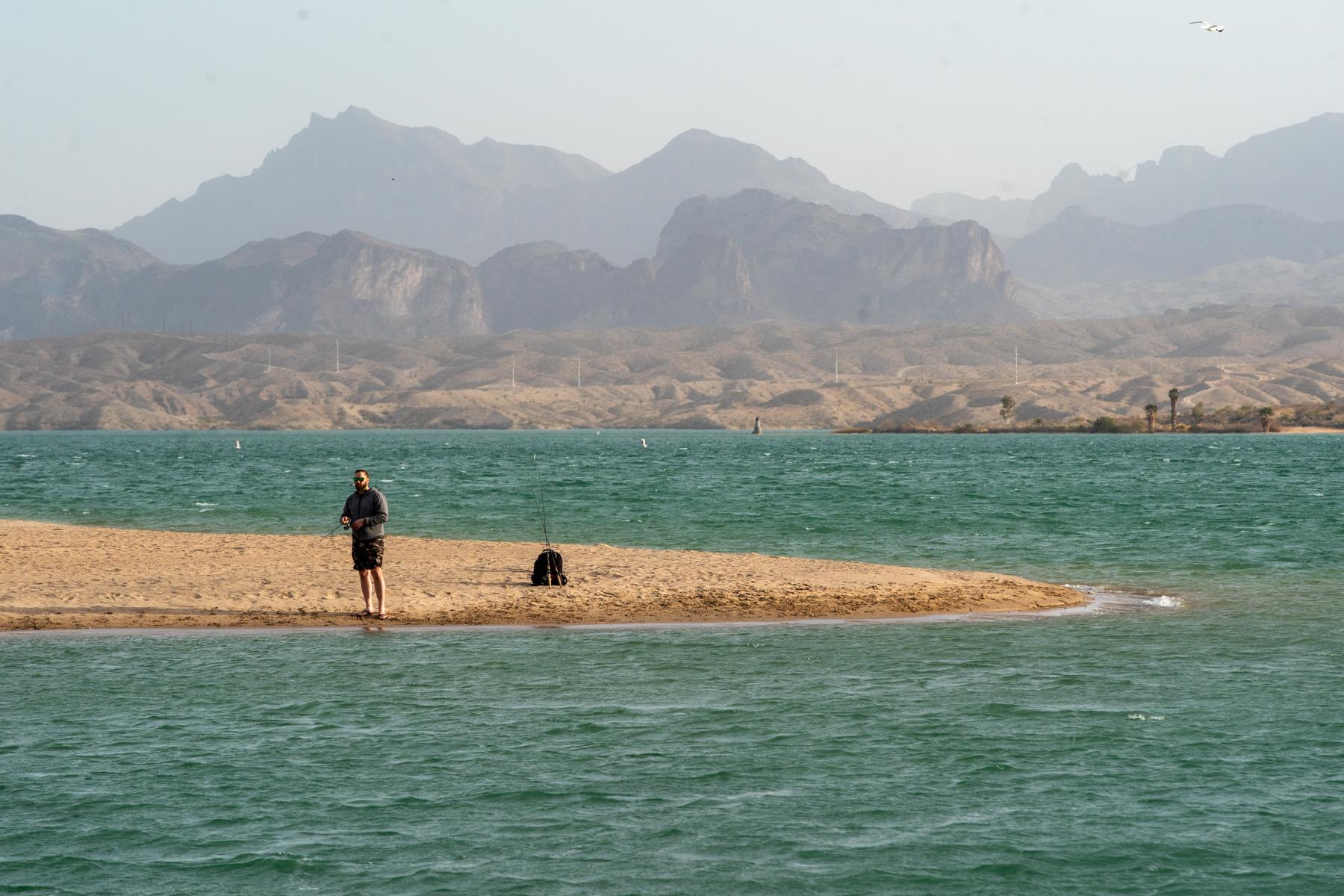
Feds roll back Colorado River water cuts after wet winter as states negotiate long-term drought rules
The U.S. Bureau of Reclamation move means more Colorado River water will flow to Arizona and Nevada next year while states negotiate new rules. Colorado has been largely unaffected by the fed’s restrictions.
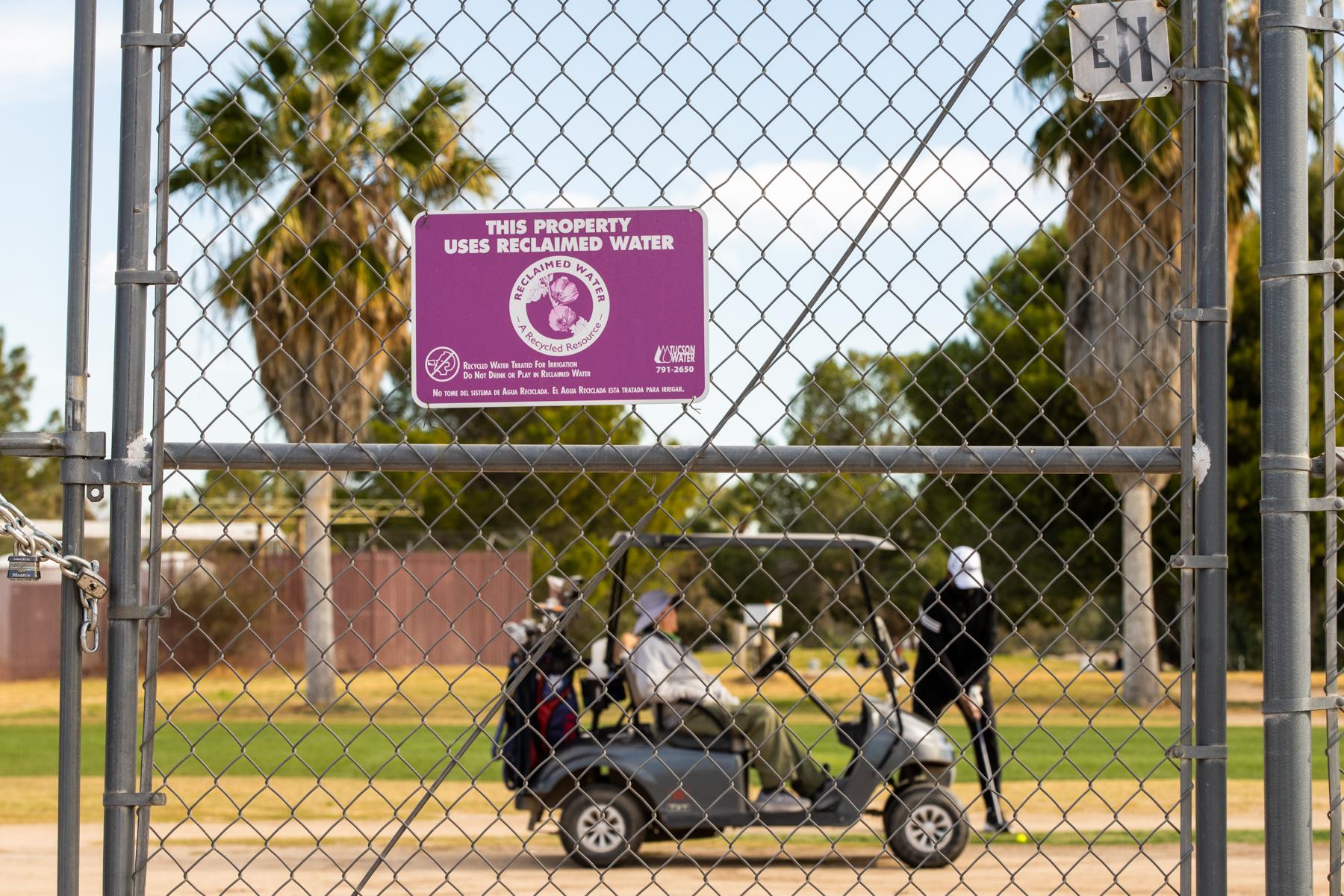
Golf course operators are teaming up to survive Colorado River water cuts and a future that’s less green
Worried operators don’t know how new rules might affect their industry. They’re meeting in Las Vegas for the first time to learn how to adapt.
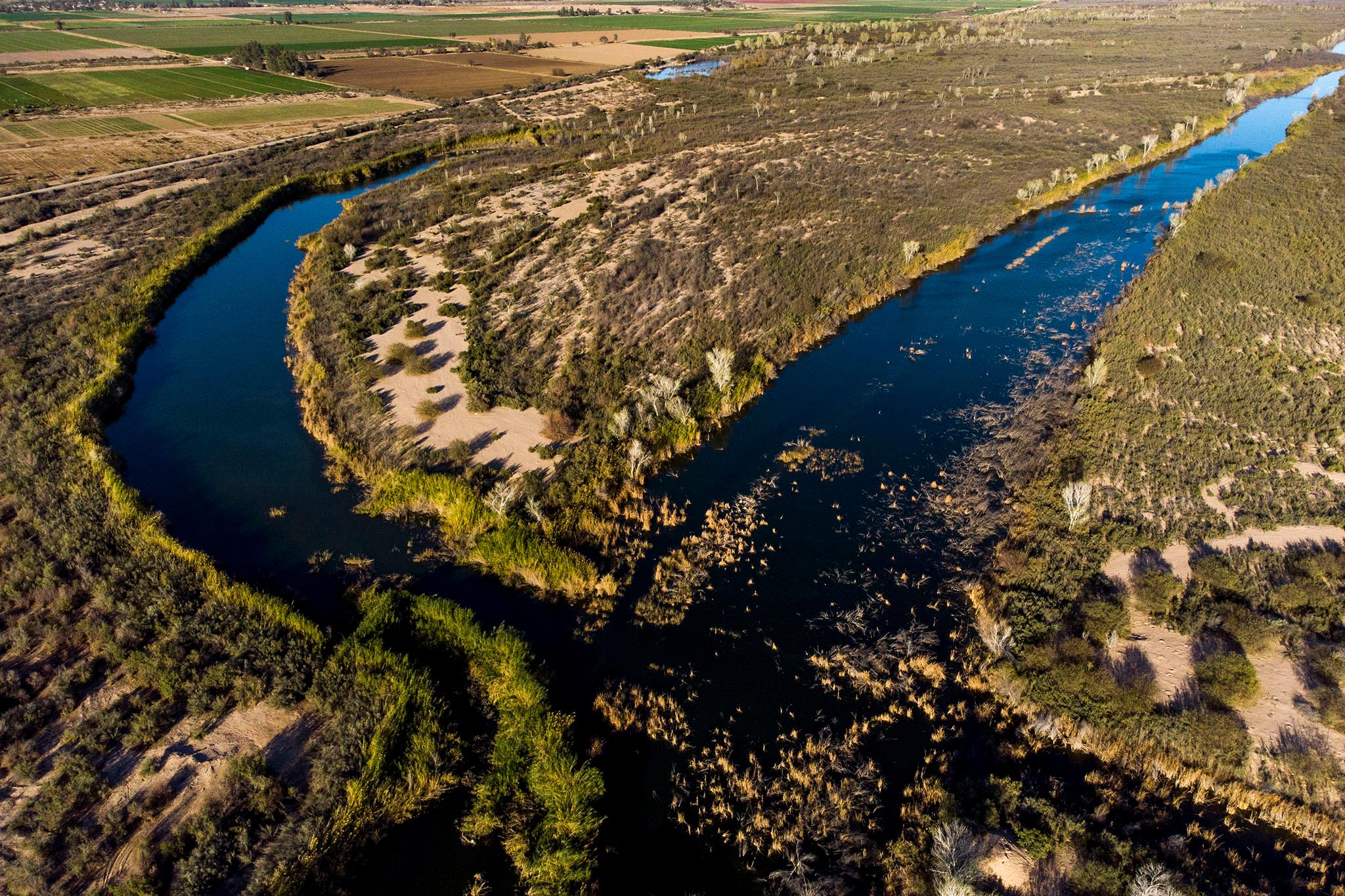
New state task force starts work on responding to worst-case Colorado River scenarios
Legislators created the task force of different water users to make recommendations for policies and tools to respond to the drought-depleted Colorado River.

A River for the Future
We meet people who have worked for decades to restore parts of the Colorado River Delta’s lost wetlands.

Desert Farming, Differently
Cutting back on farms’ water use is the biggest way we can live in a drier West. This is the story of how one Indigenous farm manager is working to make farms more efficient.

Water For Pay
What if the government paid farmers to keep their water in the river?

The Cost of Cheap Water
What we pay for water doesn’t reflect how scarce it is with climate change. Could cities get people to use less water by charging more for it?
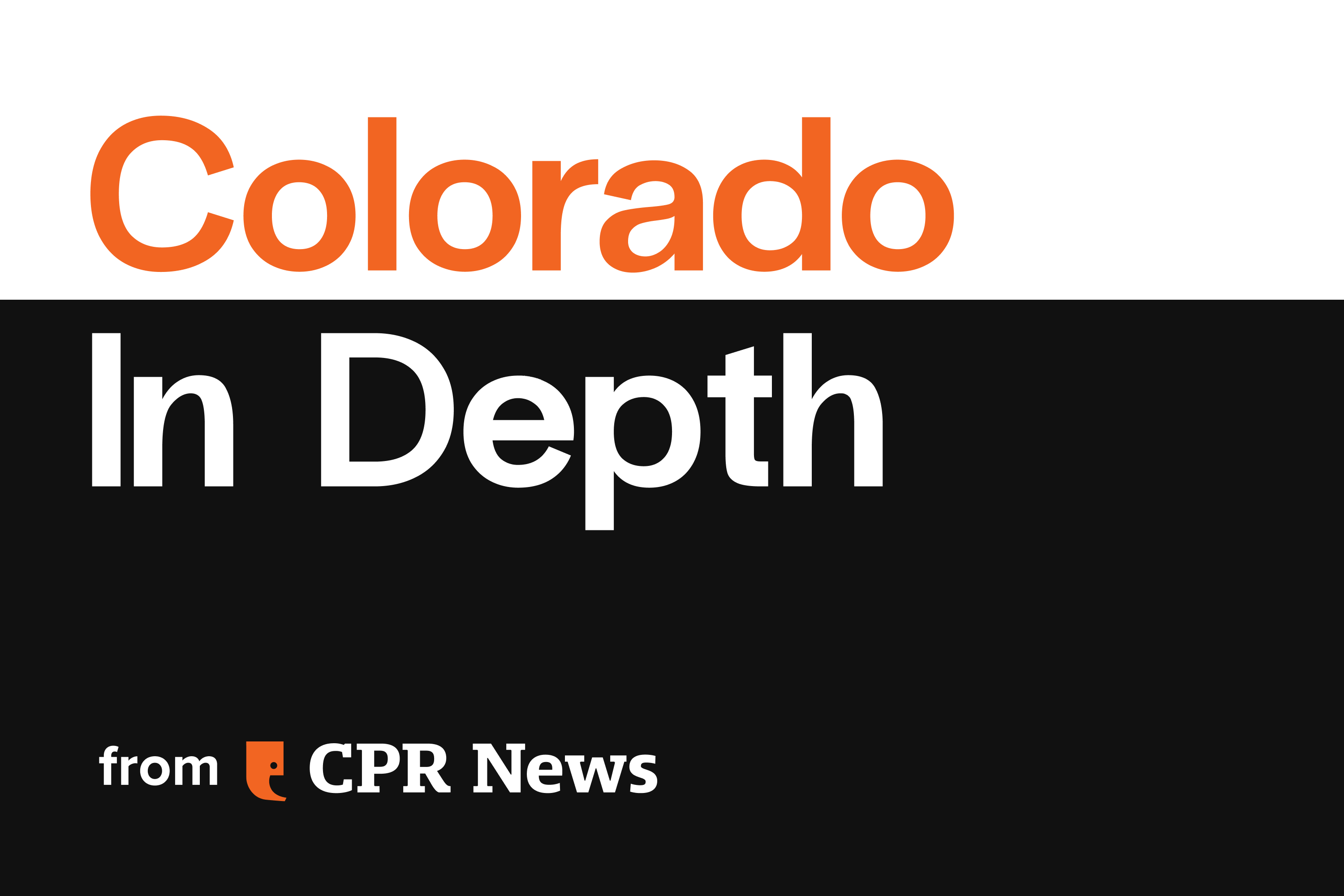
How our wastewater can help the West’s water problems
This episode of Colorado In Depth shows how we can reuse more of the water we already use, as the Colorado River dries up.

Flush With Opportunity
From at-home solutions to citywide scale, wastewater reuse and recycling are gaining momentum.

Bonus episode: How big a deal is this week’s Colorado River deal?
A quick response to this week’s headlines.

Viva Las Vegas
Las Vegas is a leader in water conservation. What is Vegas doing, and how might people who live in other Colorado River cities follow its lead?
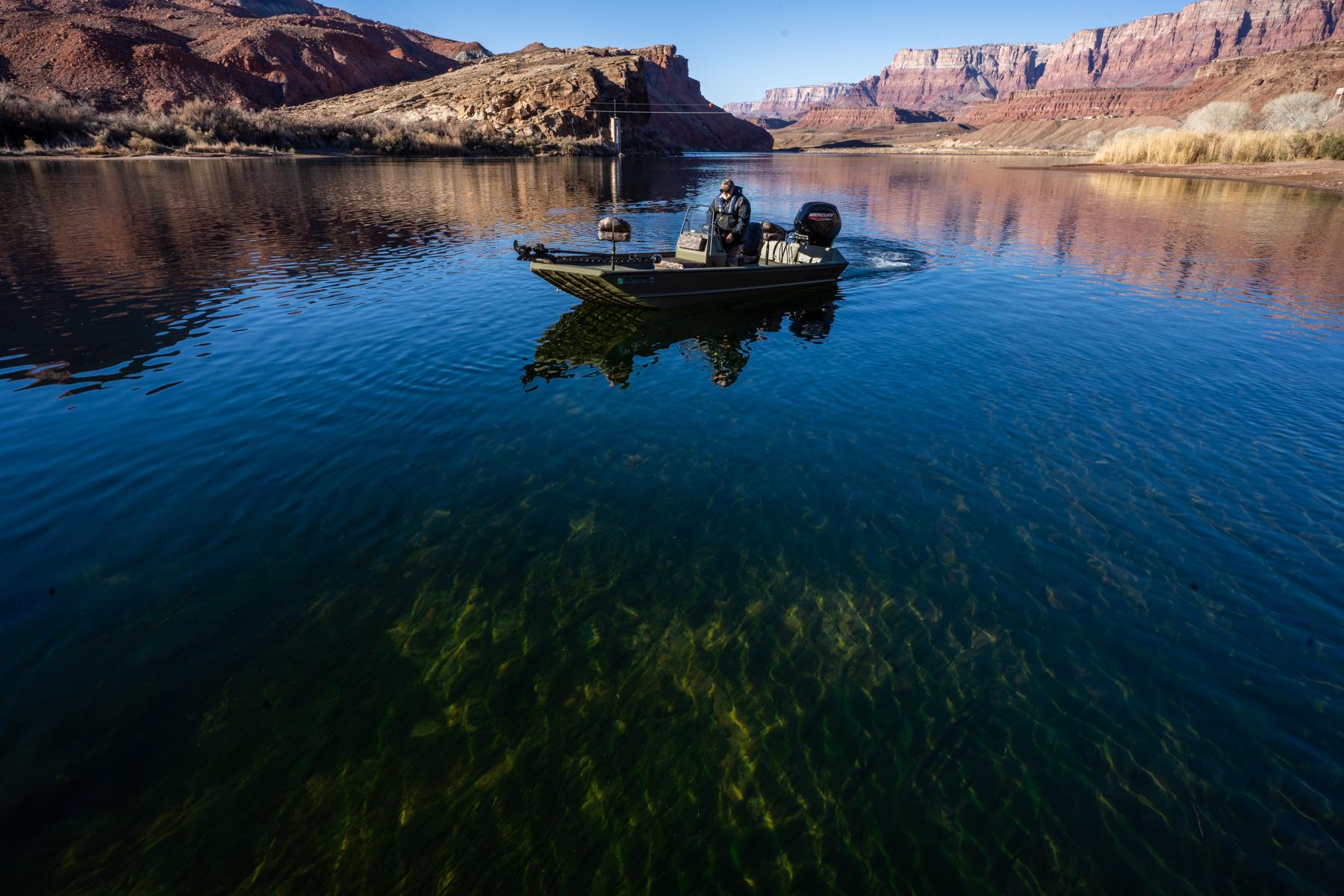
Indigenous tribes were pushed away from the Colorado River. A new generation is fighting to save it.
As climate change diminishes flows in the Colorado River, regional leaders are negotiating its future and Indigenous people want that to include establishing their full access to the water.

Water, Water Everywhere
On the beach in Southern California, it’s easy to look at the Pacific Ocean and wonder what would happen if we could drink it.
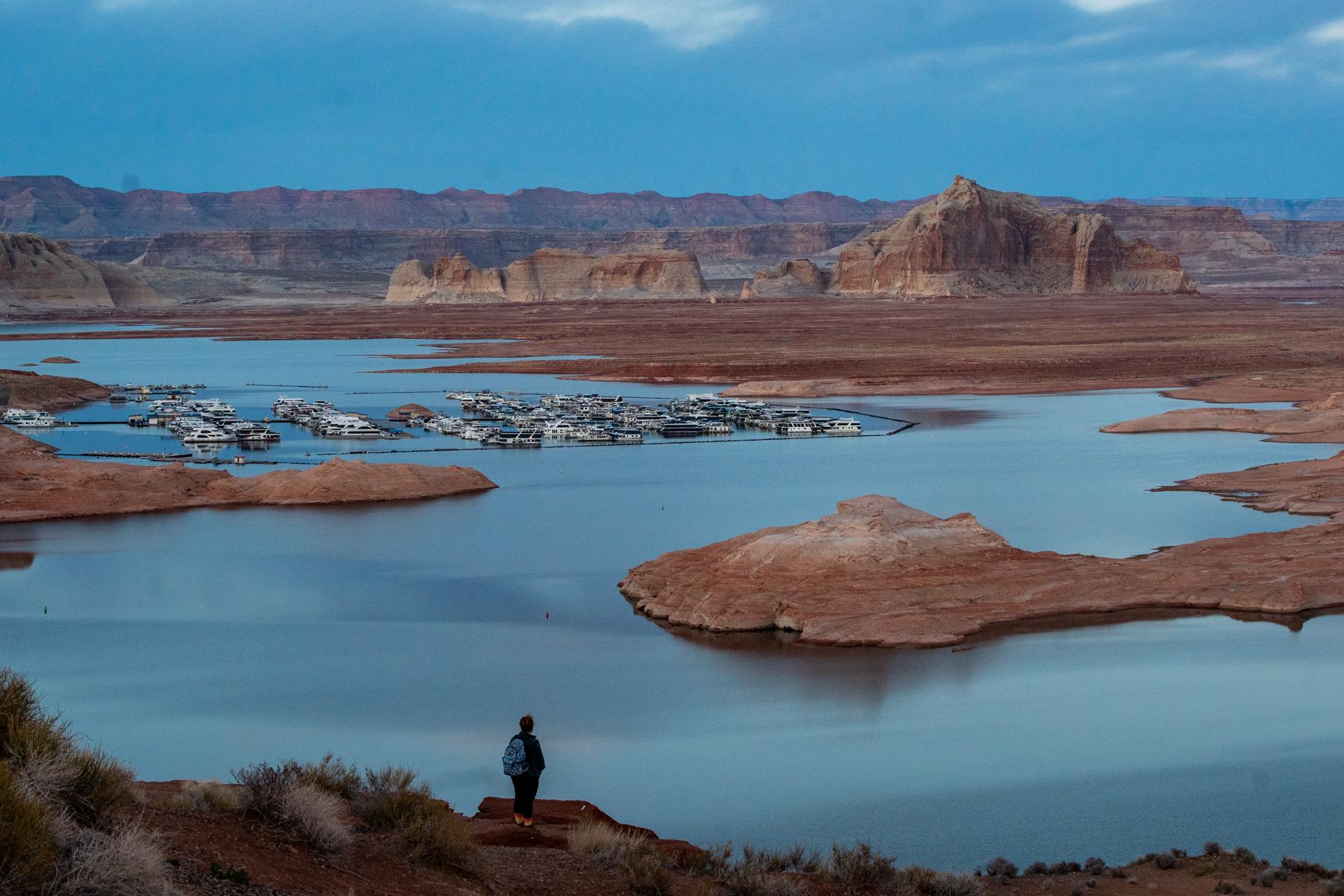
What to know about the Colorado River
How long is the Colorado River? Is it drying up? And what is the Colorado River Compact? We answered common reader questions about the river.

The Boldest Idea Of All
Pulling water from another river, like the Mississippi, has tantalized people in the southwest for decades.

